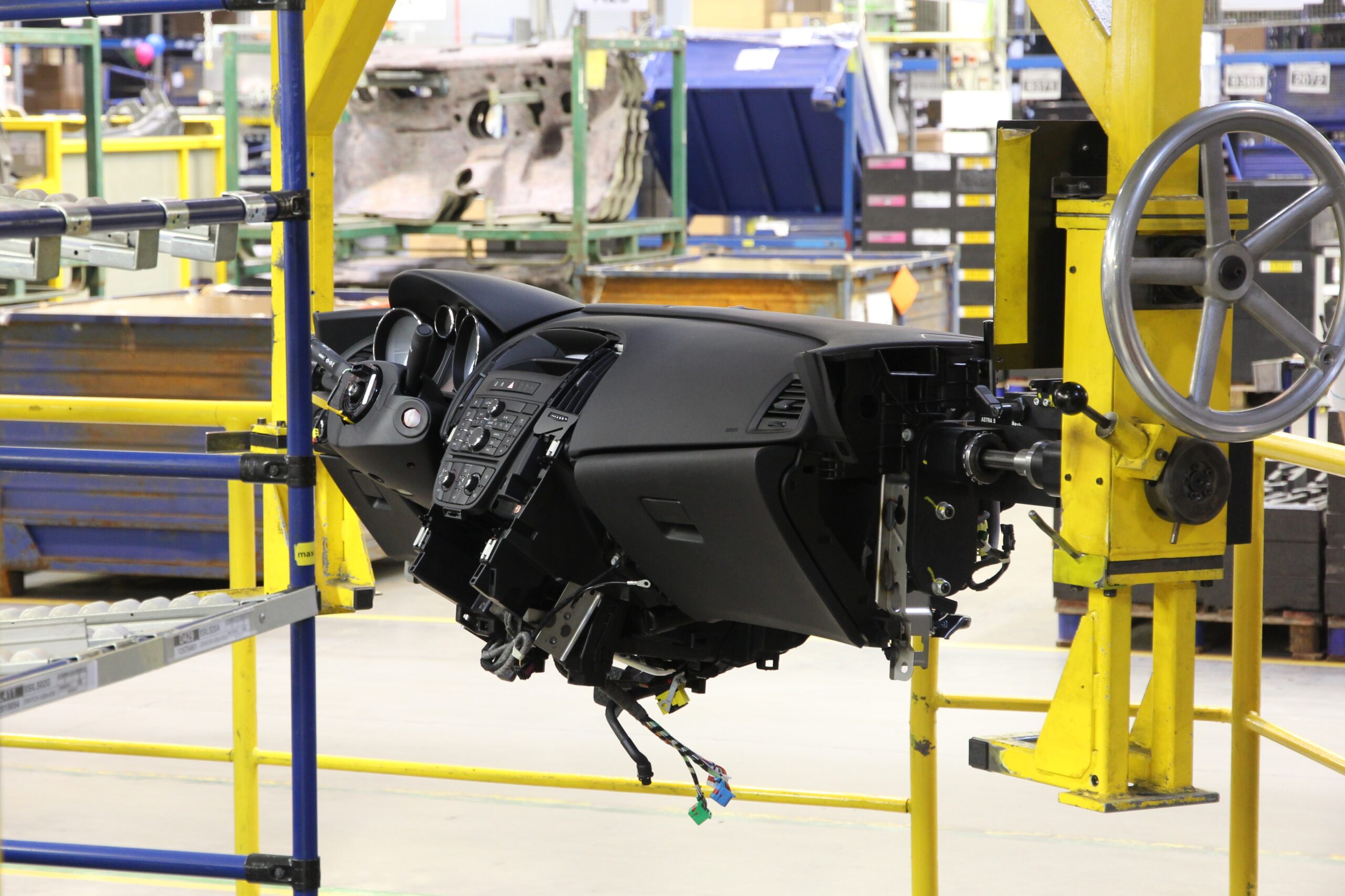
A senior executive from Nissan warned last week that the UK automotive industry’s competitiveness is at risk. Alan Johnson, senior vice president for manufacturing at Nissan ISG Alan Johnson manages Nissan’s operations in Africa, Middle East, India, Europe and Oceania. He pointed out that “ultimately, the UK is not a competitive place to be building cars today.” His comments come during a tumultuous time for the future of car manufacturing in the area.
Johnson underscored the importance of federal leadership to support a strong automotive industry. He called on those making policy to foster an overall environment where manufacturers will thrive, especially as the automotive industry stands at the precipice of many challenges. He very frankly pegged the top challenges as high energy costs and increasing labor costs. Moreover, a reduced supplier base makes it harder for the UK to compete effectively in car production.
Nissan’s Sunderland Plant and Job Security
Nissan’s factory in Sunderland is the largest car plant in Britain, employing about 6,000 workers directly. It is vital for the company’s continued operations in the UK. The longer-term reality is that the facility has faced changes because of the need for operational efficiency. In February of this year, the late shift at the Sunderland plant was shut down, affecting around 400 employees. The good news is that no jobs were eliminated as these workers were relocated to different assembly lines within the plant.
Nissan has welcomed recent regulatory changes on Zero Emissions Vehicles (ZEVs) that have been announced by Sir Keir Starmer. These reforms could offer important assistance to manufacturers making the shift to electric vehicle production. In conjunction with these regulatory changes, the UK government is investing over £2.3 billion to facilitate the shift towards electric vehicles.
Problems remain, mainly in the shape of tariffs on UK exports to the States. Today, imports are subject to a 10% tariff, with a higher 25% tariff imposed on cars, steel, and aluminum. This situation further complicates the landscape for UK manufacturers like Nissan, as they navigate international trade barriers while attempting to maintain competitiveness.
“It is energy costs – it is the cost of everything involved in the cost of labour, [and] training. It is the supplier base, or lack of – all sorts of different issues.” – Alan Johnson
What The Author Thinks
The challenges faced by the UK automotive industry, particularly Nissan, highlight the pressing need for strategic government intervention to maintain competitiveness in a rapidly changing global market. While regulatory changes for electric vehicles may offer some relief, the continued burden of high energy costs, labor expenses, and tariffs could undermine the sector’s long-term sustainability. Moving forward, it will be critical for both the government and manufacturers to work together to address these issues and protect jobs while promoting innovation.
Featured image credit: Wikimedia Commons
Follow us for more breaking news on DMR
